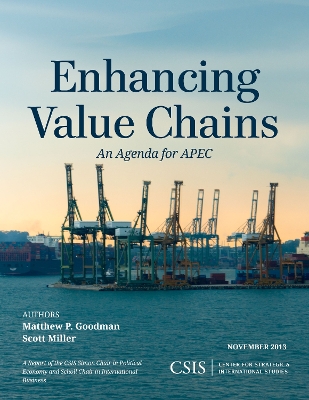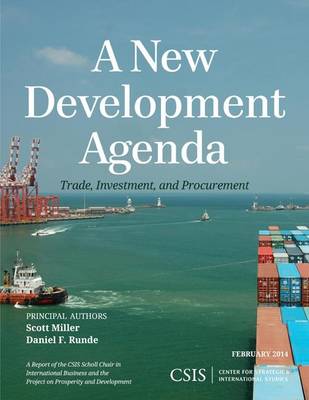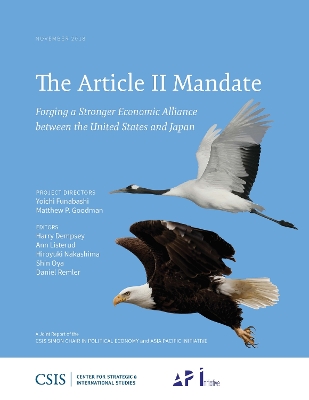CSIS Reports
4 total works
Economic integration has been a focus of Asia-Pacific affairs for the last quarter century. To support and strengthen economic ties, governments in the region have pursued an array of integration initiatives, from the Asia-Pacific Economic Cooperation (APEC) forum launched in 1989 to bilateral and regional trade negotiations currently underway. APEC has been the most successful tool of regional trade and investment integration thus far and has the potential to continue bridging differences between various integration efforts in the region. This report, with input from a wide variety of regional and topical experts, posits that developing a common, high-standard policy approach to value chains could pull together the various integration efforts to the substantial economic benefit of the entire region. The report offers eight recommendations for a broad-based APEC initiative building on existing work in the region on supply chains and connectivity.
The link between economic development and state security has been well documented. As policymakers consider that link, the model for international development in the twenty-first century must include both governments and the private sector. In this new report, the CSIS Scholl Chair in International Business and the CSIS Project on Prosperity and Development examine the myriad ways that the private sector can engage emerging markets. Inasmuch as demand for private capital exceeds supply, those economies that enhance investor return and minimize security risk will be most successful in attracting private investment. The report's authors examine the potential implications of trade, investment, and procurement in propelling economic development and the collaborative efforts of the public and private sectors needed to achieve the desired gains.
To explore opportunities for greater economic cooperation between the United States and Japan in third countries, the Center for Strategic and International Studies (CSIS) in Washington and the Asia Pacific Initiative (API) in Tokyo embarked on a joint research project using a case-study approach to examine four countries (Myanmar, Vietnam, India, and South Korea) and two institutional arrangements (regional trade architecture and the G7) where the United States and Japan have aligned interests. We found that shared interests and goals of the United States and Japan transcend today's bilateral trade tensions, and despite China's growing influence and assertive behavior there nevertheless remains a strong demand in the region for U.S. and Japanese leadership. Washington and Tokyo should therefore work to better coordinate their economic engagement in the region.
Opportunities in Strengthening Trade Assistance
by Scott Miller and Daniel F. Runde
Published 1 January 2015
While free trade agreements and other intermediary trade agreements allow emerging nations increased access to markets, many low- and middle-income countries lack the capacity required to meet global standards. Deficiencies in quality of product, speed of transport, or quality of regulation can prevent countries from reaping the benefits of trade agreements, particularly with the United States. This report of the CSIS Congressional Task Force on Trade Capacity Building-cochaired by Representatives Charles Boustany (R-LA) and Jared Polis (D-CO)-focuses on how projects to build trade capacity can be planned and coordinated to maximize the benefits of new trade agreements, both for the United States and its partners.



